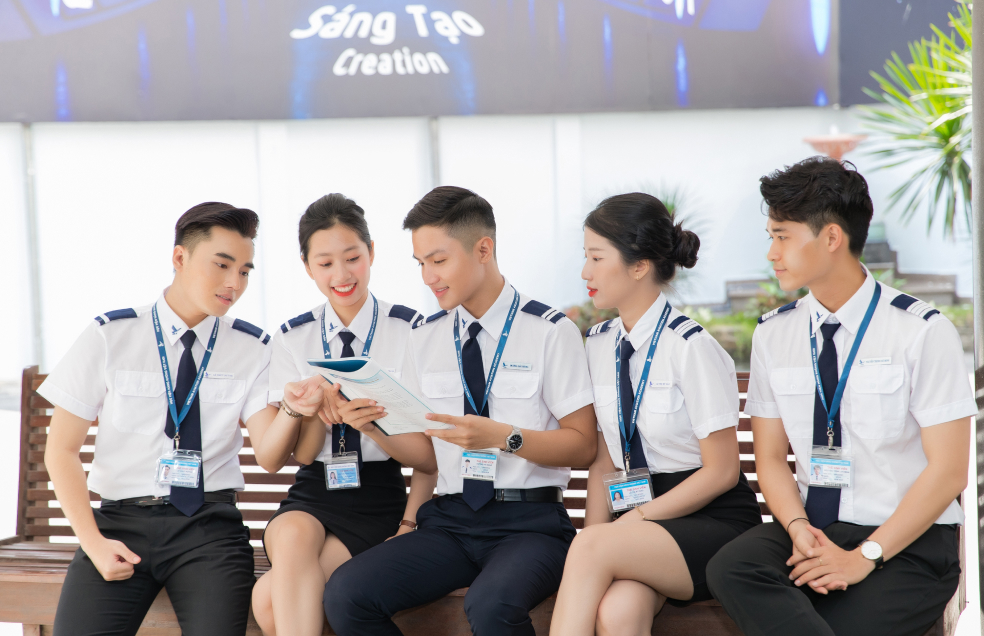The Impact of Artificial Intelligence on the Global Economy: An Ongoing Revolution
21 November, 2024
Artificial Intelligence (AI) is ushering in a profound and rapid revolution across all aspects of life, including the global economy. The advancement of AI presents both tremendous opportunities and significant challenges, promising to reshape the future of our world.
Positive Impacts of AI on the Economy:
- Enhanced Productivity: AI automates repetitive tasks, freeing humans to focus on more creative and high-value work.
- Improved Product and Service Quality: AI enables businesses to analyze big data more effectively, leading to more accurate decision-making and improved products and services.
- Development of New Industries: AI fosters the emergence of new industries such as autonomous vehicles, robotics, precision healthcare, and beyond.
- Economic Growth: By increasing productivity and fostering innovation, AI contributes to global economic growth.
- Improved Quality of Life: AI is applied in healthcare for more accurate diagnoses, in education for personalized learning, and in many other areas to enhance living standards.

Challenges Posed by AI:
- Job Displacement: Automation driven by AI raises concerns over job losses, especially in manufacturing and service sectors.
- Growing Inequality: Without effective regulation, AI may exacerbate wealth and income inequality.
- Cybersecurity Risks: The evolution of AI also brings threats in cybersecurity, such as the use of AI in more sophisticated cyber-attacks.
- Ethical Issues: The deployment of AI raises ethical concerns, including the use of AI in autonomous weapons systems and violations of privacy rights.
Future Trends in AI Development:
- Smarter AI: With advances in machine learning algorithms and massive data availability, AI will increasingly handle more complex and creative tasks.
- Wider Application: AI will be integrated into all aspects of life, from households and workplaces to smart cities.
- New Business Models: AI will transform business operations and create innovative new business models.
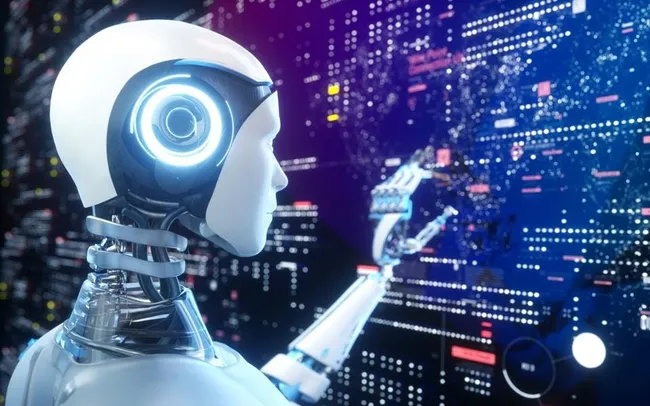
To Maximize the Benefits and Minimize the Risks of AI, We Must:
- Invest in Education and Training: Reskill the workforce to adapt to changes brought about by AI.
- Establish Clear Legal Frameworks: Develop regulations and ethical standards to govern the development and application of AI.
- Promote International Cooperation: Foster global collaboration to address transnational issues related to AI.
Conclusion:
AI is and will continue to transform the world in ways we have yet to fully imagine. To harness its full potential and mitigate associated risks, we must be well-prepared for a future where AI plays an increasingly vital role.
Source: Gemini – THA
Most read articles

29 August, 2024
Vietnam Aviation Academy compiled national standards on ground radio navigation aid systems
On the morning of October 27, 2023, the Council for Evaluation and Acceptance of the 2023 Vietnam National Standard, topic: “Ground radio navigation aid system”. Assoc. Prof. Dr. Nguyen Huu Khuong – Chairman of the Scientific and Training Council of the Faculty of Electricity – Electronics – Vietnam Aviation Academy is the Chairman of the […]
Article details

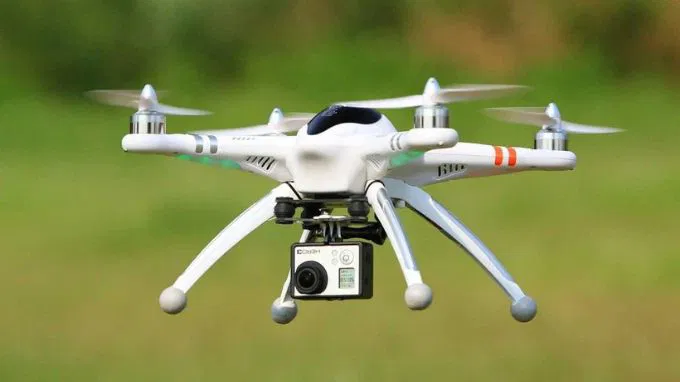
22 November, 2024
What is a UAV? What is a drone? What is the difference between UAV and drone?
Both are devices that are currently highly applicable in life, yet not many people know what UAVs are and what specific functions they have. If you have never heard of UAVs or drones, or if you have heard of them but do not fully understand what they are and how to distinguish between these devices, […]
Article details

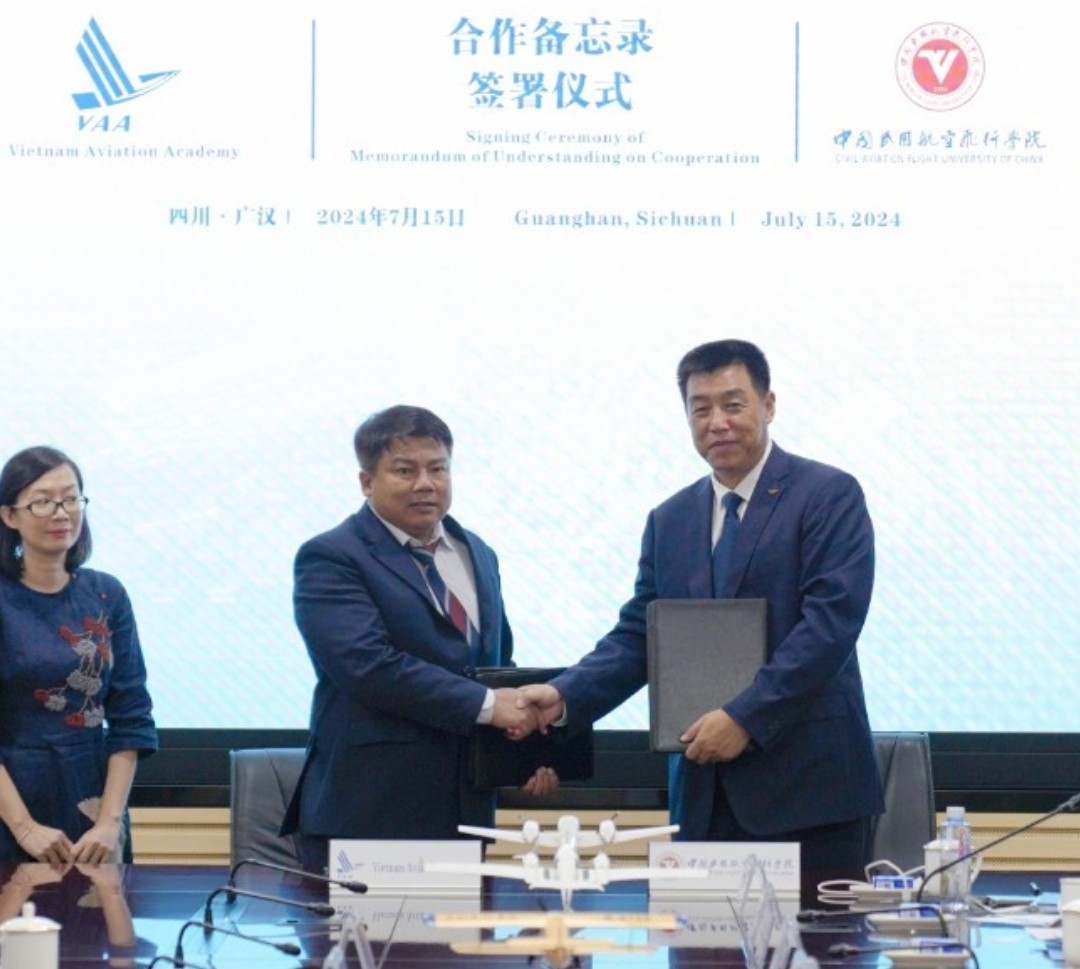
29 August, 2024
VIETNAM AVIATION ACADEMY HAS SIGNED A COOPERATION AGREEMENT WITH CIVIL AVIATION FLIGHT UNIVERSITY OF CHINA
From July 15-17, 2024, Assoc. Prof. Dr. Trần Hoài An, Secretary of the Party Committee and Chairman of the Board of the Vietnam Aviation Academy (VAA), along with a delegation of leaders from various faculties, departments, and centers, including the Faculty of Aviation Operations, Faculty of Aeronautical Engineering, Faculty of Electrical and Electronics Engineering, Faculty […]
Article details

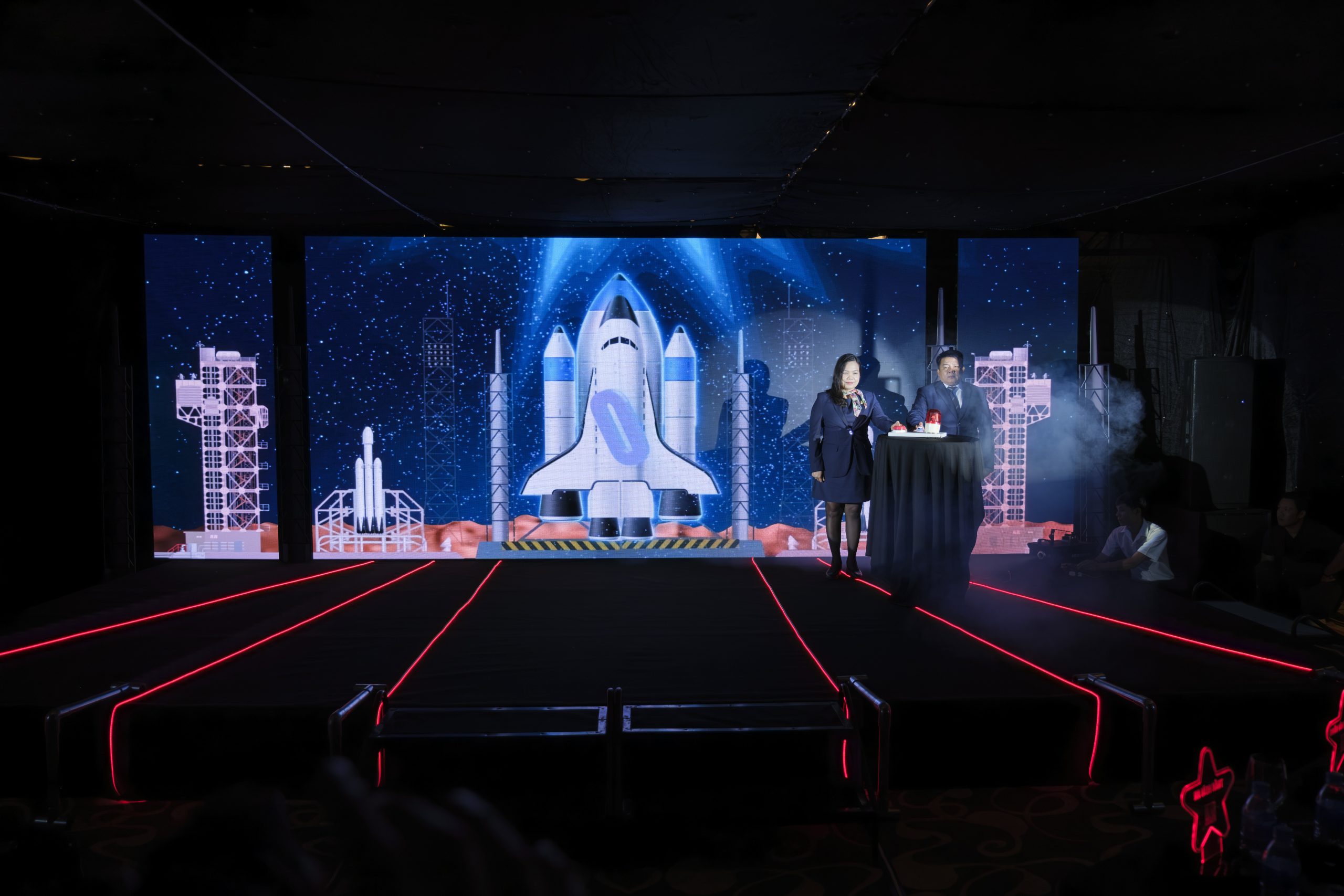
25 December, 2024
Workshop on Developing a Strategic Plan for the Vietnam Aviation Academy: Resolutely Realizing Key Strategic Objectives
Over two working days from December 21-22, 2024, in Phan Thiet City, the Vietnam Aviation Academy organized a series of workshops titled “Vietnam Aviation Academy: Development Strategy to 2035, Vision to 2050 with Artificial Intelligence, Internet of Things, Big Data, and Blockchain Technologies.” The workshops aimed to bring together the intellectual contributions of key stakeholders […]
Article details

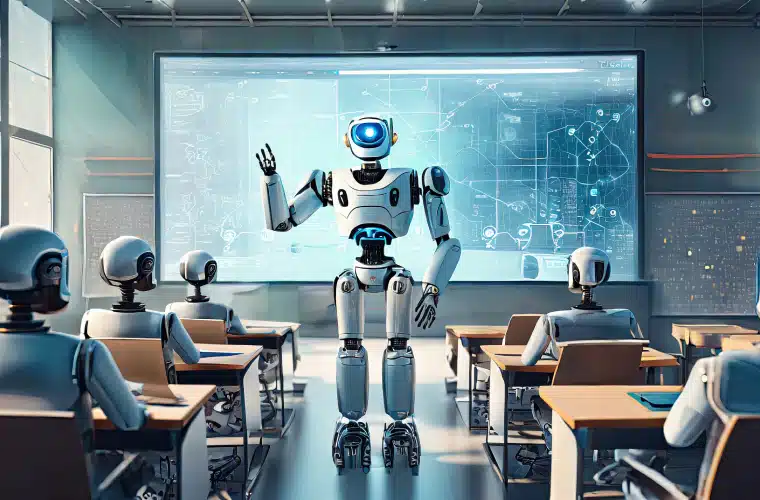
17 November, 2024
VIETNAM AVIATION ACADEMY, ROADMAP TO BECOME A SMART UNIVERSITY DUE TO DIGITAL TRANSFORMATION TECHNOLOGY AND ARTIFICIAL INTELLIGENCE – 4 YEARS IN REVIEW
Smart University (AI University) is a university that applies artificial intelligence to teaching, learning, operations, management, etc. This is a model that is attracting many universities in the modern education period. This concept has been interested and researched in the past 5 years. A smart university is a school fully equipped with modern technology equipment, […]
Article details

